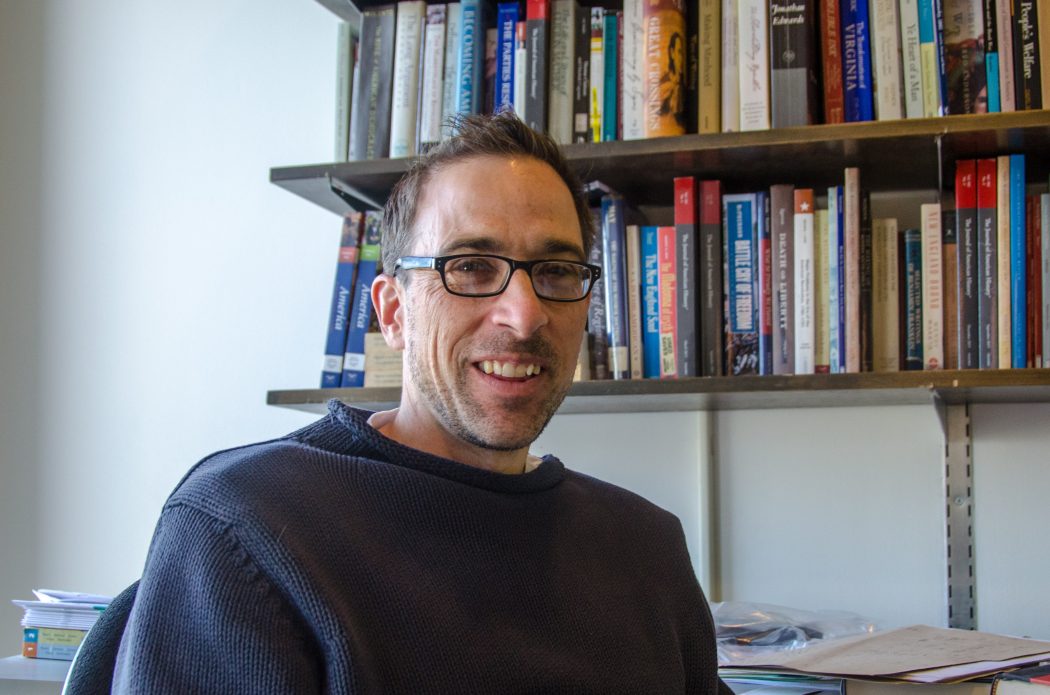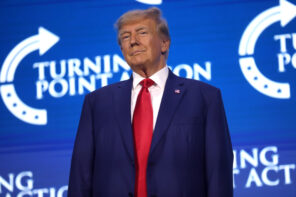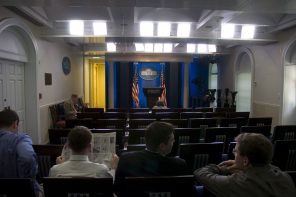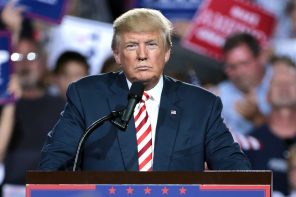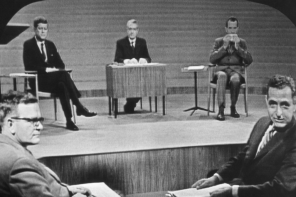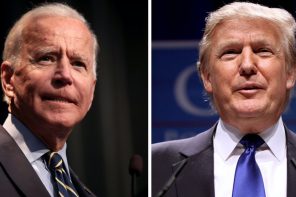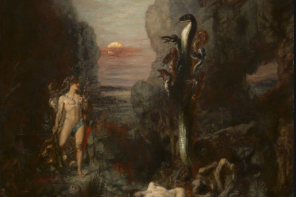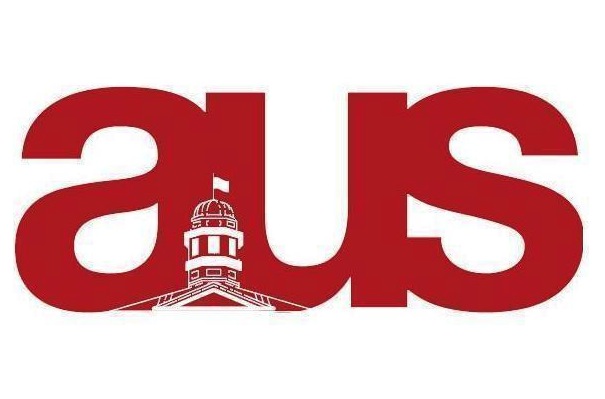This summer McGill history professor Dr. Jason Opal released a new book entitled Avenging the People: Andrew Jackson, the Rule of Law, and the American Nation. The book takes an in-depth look at one of America’s most important and consequential Presidents, Andrew Jackson. In it, Opal discusses the impact and legacy of Jackson from his shaping of the American national character to his relations with the rest of the world. Avenging the People also takes a look at the way in which Jackson’s conception of American nationhood affected the Native and Black populations in the United States. To learn more about this important research, The Bull & Bear sat down with Professor Opal.
The Bull & Bear (B&B): Hello Dr. Opal and thanks for sitting down with us! Perhaps you could start with a quick overview of your background, field of study, and an introduction to Avenging the People.
Jason Opal (JO): I’m from the United States. I did my undergraduate and graduate work there, mostly studying 18th century North America and the American Revolution. My first book was about ambition as a cultural idea and capitalism among rural families in New England. So that book was about a transition to capitalism, a more individualistic world in the United States. Avenging the People is about a famous figure in American history, Andrew Jackson. What drove both books was an interest in ideas of American national character and American nationalism: how they developed, how they could have turned out differently, and how they still show up today.
B&B: Why is Andrew Jackson important to study? Why is he relevant today?
JO: In the 1810s, Jackson becomes nationally and internationally famous and infamous as an extremely aggressive American general – some would say war criminal. In the 1820s and 1830s, he becomes by far the most powerful politician and political figure in the United States. He’s President from 1829 to 1837, he’s one of the founders of the Democratic Party, and he was central to the establishment of several elements of today’s American national character.
Jackson’s ideas about how the American nation interacts with other nations, how the nation interacts with the economy, ideas about what equality means and does not mean, and the relationship between the nation and God are all enormously relevant in the present day. This has been made most obvious over the last year as the current President repeatedly invokes Jackson’s name and ideas as an embodiment of one kind of American nationalism. For example, [President Trump] recently gave a presentation with some Native Americans in front of a portrait of Andrew Jackson, which is saying something. He was being quite deliberate about positioning himself around Jackson.
B&B: That imagery must have been significant given Jackson’s views of Native Americans. What is his legacy in terms of relations with Native people?
JO: I would say that Andrew Jackson is responsible for inflicting more suffering on Native people, especially in the Southern United States, than any other person. He’s also probably the person most responsible for the dramatic expansion of slavery, which took a lot of Americans by surprise. They thought slavery was on the way out, as it was in Britain. He was an extremely aggressive acquirer of slaves. He ran a huge import-export business, and he opened millions of acres of land for cotton production by slaves. For these reasons I see Jackson as deeply problematic as a symbol of American democracy. For this reason, one of the main arguments I make in Avenging the People is that we ought to be talking about Jacksonian nationalism as opposed to Jacksonian democracy.
He had little to say about democracy for most of his life. He was all about the creation of an epic nationalism: exclusively white, anti-Black, anti-Native. But I try to be fair in the book by saying that there are good reasons why so many white Americans felt as angry as Jackson did. There are reasons why they loved him with an almost erotic intensity. Those reasons have to do with the fact that the British Empire didn’t really respect American independence – at least until 1812. So Americans were terrified of the British Empire, terrified of Native peoples, and in many ways terrified of Black people, especially those who were enslaved. Jackson definitely had principles, they are just principles that are extremely racially exclusive and really limit what Americans can do for each other.
B&B: Many people, including yourself, have drawn parallels between Andrew Jackson and Donald Trump. How helpful are these similarities in understanding present day America?
JO: Jackson helps explain why Trump is a populist leader. I’m saying that it’s a kind of populism that is explicitly and inherently white-specific, and not even very good for white people. It allows for only a specific kind of sovereignty: one in opposition to other people. It imagines the people as always being at war, as always being threatened. I’m not saying they aren’t threatened sometimes, but if you imagine the nation as that and nothing else, you can’t really do much about the everyday problems of society. But there are also dramatic differences. Jackson was a military hero for white Americans. He served for the entirety of the War of 1812. He showed an almost suicidal courage. He was also very pious, Presbyterian, with a grim sense of morality. None of these things are even remotely accurate for President Trump. Jackson had a very intense sense of honour, President Trump does not. Their personalities are very different.
B&B: Are you engaged in any other research right now?
JO: I have two other book projects. The first is a history of Barbados, which is hugely important. It’s a tiny island that loomed incredibly large in the modern world. I’m trying to learn Portuguese because a lot of trade goes to Barbados through the Portuguese trade networks. That’s a five to ten-year project: write a big accessible history of Barbados. I’m also doing a book with my dad, a professor of medicine at Brown University, about major epidemics in U.S. history and how they exposed different parts of American nationhood. So I’m writing about smallpox and yellow fever and cholera.
B&B: When you’re studying history, how much of it is about applying history to the current day, and how much of it is about studying history for history’s sake? What is the point of studying history?
JO: I see it as an intense conversation with the past. By this I mean an examination of all the things that still shape us. I don’t see such a binary between the past and the present because, in fact, the present is the distillation of the past, and therefore I don’t feel as though it’s so distant. But I do try to make the point in class at McGill that it seems virtually impossible for any society to imagine any kind of progress without understanding where we are, and where we are is history. Another grim way to put it if you’re in a darker mood is to say: history is the long record of human cruelty, a long record of what not to do, and it’s good to learn from it.
“Avenging the People: Andrew Jackson, the Rule of Law, and the American Nation” is available on Amazon.

